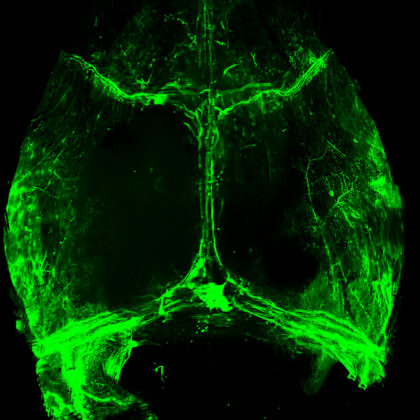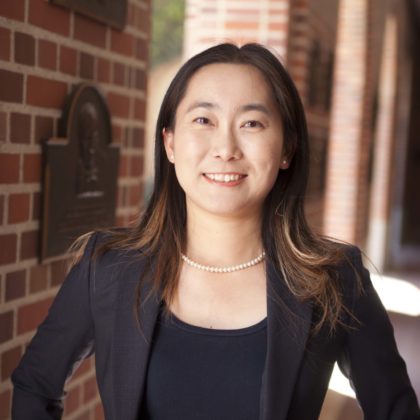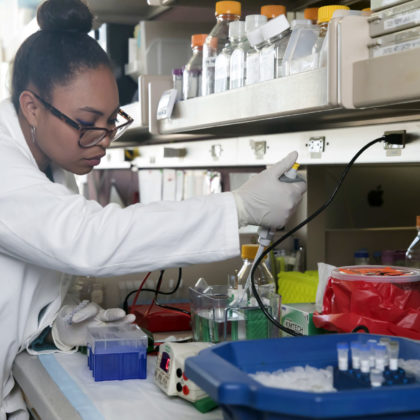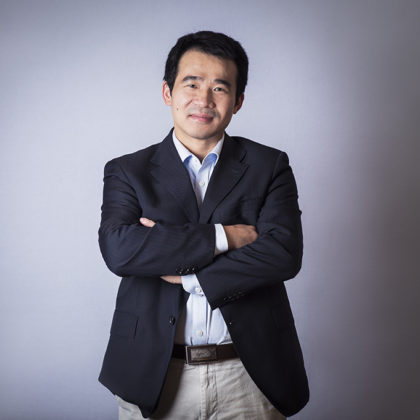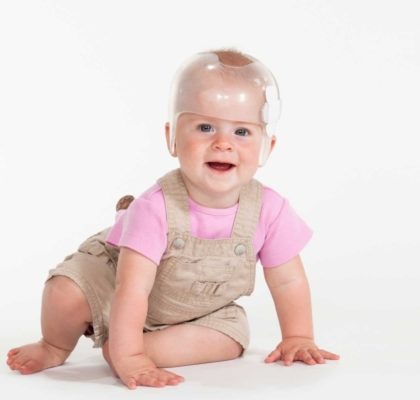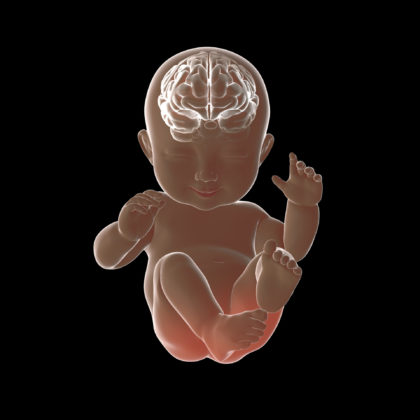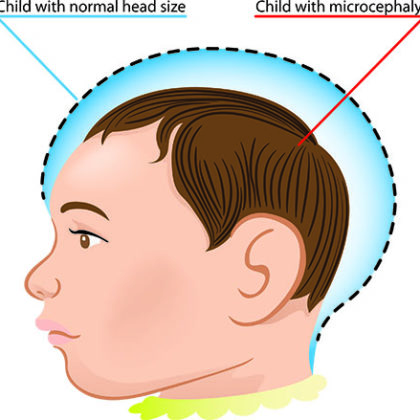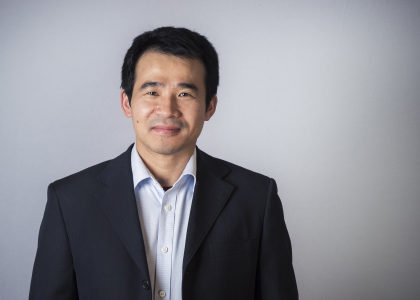Stories
A new way to treat craniosynostosis?
Craniosynostosis is a birth defect in which the bones in a baby’s skull fuse too early — before the brain is fully formed. It happens in 1 in nearly 2,200 births and …
Ostrow faculty member Jian Xu does craniofacial biology with heart
The researcher was recently promoted to the rank of Associate Professor of Dentistry with tenure. TO SOME, IT MIGHT SEEM UNUSUAL that Jian Xu, whose PhD research focused on cardiac hypertrophy and …
Ostrow School of Dentistry of USC awarded research training grants from National Institutes of Dental and Craniofacial Research
The prestigious five-year training grants are meant to support tomorrow’s leading thinkers in craniofacial research as they launch their academic careers. The Ostrow School of Dentistry of USC has been awarded two …
From grains to brains, USC scientist Jianfu (Jeff) Chen uncovers the roots of disease
Although USC scientist Jianfu (Jeff) Chen now studies human neurological disorders, he was originally more interested in organisms without brains, such as rice and wheat. “When I was about to go to …
Stem cells may correct deformity and restore brain function after childhood disorder
USC scientists have regenerated parts of the skull affected by a common birth defect called craniosynostosis. Using stem cells to regenerate parts of the skull, USC scientists partially corrected a skull deformity …
Probing the genes that organize early brain development
When brains begin developing, there are a lot of moving parts — and when mutations happen in early neurodevelopment, it can lead to disorders like macrocephaly and autism. But scientists don’t know …
Ostrow researcher probes the roots of microcephaly, inside cells
Microcephaly is a condition where the circumference of an individual’s head is smaller than normal. It can be caused by genetic abnormalities as well as fetal exposure to drugs; alcohol; certain viruses, …
A Zika surprise: African strain can do more damage than Asian strain
The Zika virus has spread to 44 countries, with thousands infected and thousands of babies born with microcephaly, a rare complication that causes small heads. But even though research dollars are being …

